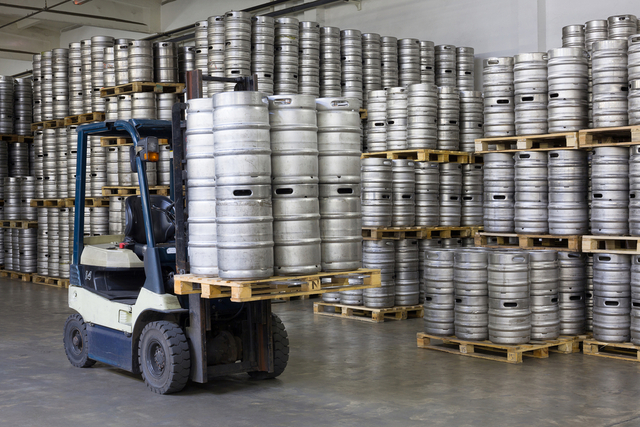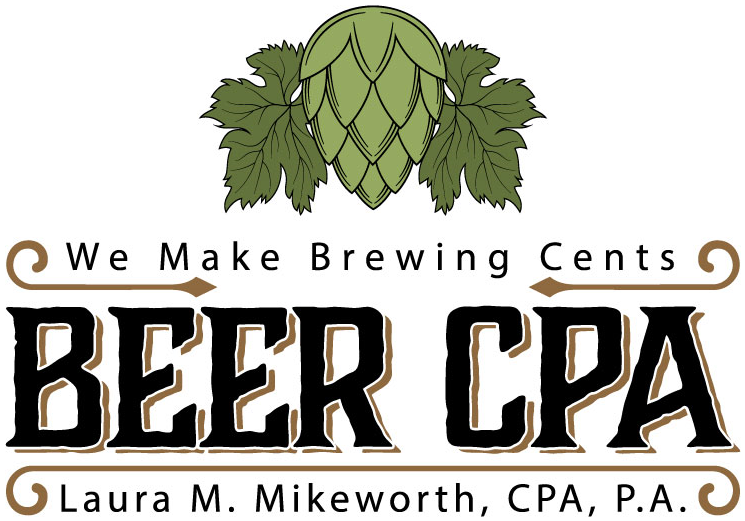Your Distributor Is Not A Magic Sales Bullet
Have A Distribution Business Plan Ready

So you’ve got yourself a contract with a beverage wholesaler and the sales should just start rolling in any time now, right? Wrong. One of the most common mistakes that you can make as a craft beverage business is to assume that your lagging sales will be miraculously increased by the addition of a distributor partner.
Your wholesaler is not some magic bullet solution to boosting volume in the On and Off Premise sales channels. While aligning yourself with a beverage distributor is a great way to increase your distribution footprint, you should not expect that distributor to sell all your beer for you in auto-pilot. You are still responsible for providing brand sales, support and advocacy out in the market yourself.
Your beverage distribution partner is a vehicle for delivery of your products, as well as a solution to that supply chain and logistics challenges you face when you self-distribute your products. The distributor sales team is an added bonus in this equation. Yes, your distributor should be an advocate for your brand and their sales team should always (theoretically) have your brand in mind when they interact with buyers in their assigned territory, but with the sheer number of craft brands that have entered the wholesale channel over the past 3-5 years, that attention span has diminished.
Don’t take this the wrong way. Distributor sales teams are a great way for you to basically gain additional brand reps without having them on your payroll, but those reps are also responsible for selling other brands. That’s their job. You’ve got to keep putting the work in on your end to keep your brand top of mind with your wholesaler and their sales team.
Create a distribution business plan
Just like you crafted a business plan for your brewery, you should have a business plan for your distributor partners. Some key elements of creating a solid sales plan with your wholesaler include:
- making specific sales goals for the upcoming year,
- providing them with a brand calendar that explains what items to focus on each month or quarter,
- supplying them with branded sales and marketing materials,
- providing periodic brand trainings for their sales team,
- staying on top of product orders and inventory status in a timely manner,
- giving ample time to launch new products, and
- communicating how you will support your brand out in the market.
The best way to coordinate these plans with your wholesaler is to get an Annual Brand Planning meeting on the calendar with your distribution management team every year during Quarter 4.
Remember, your wholesaler is not a mind reader, you’ve got to provide specific sales plans in order to get the brand attention you crave. This vital meeting should cover all of the aforementioned elements, plus additional planning tools like sales and distribution data, profit margin and pricing analysis for your brands, production calendars, organizational charts, marketing assets, outlines of promotional programs, and the next steps for getting everything initiated.
A distribution contract is a partnership, which means both parties are going to have to put in the work individually if you want to find success together. Your goal is to create a profitable, mutually beneficial relationship with all of your wholesalers, so that you can sell more beer together.

Beer CPA – “We Give Craft Breweries More Freedom and Peace of Mind”
A Craft Brewery CPA Firm that’s Tech Savvy, Responsive, and Business Smart.
Photo Credit: Shutterstock
Article Retrieved from Craft Brewing Business, written By Julie Rhodes.



